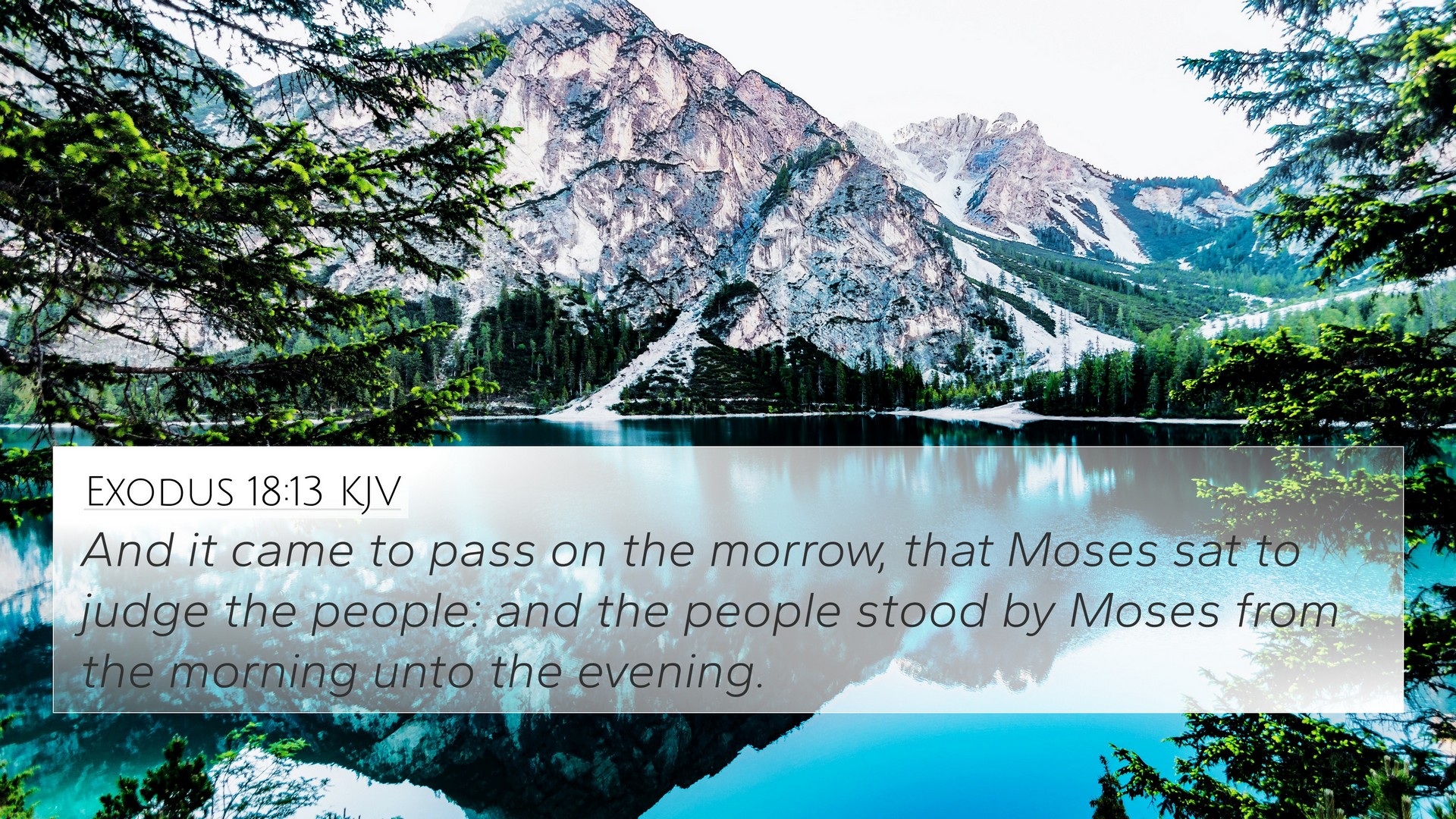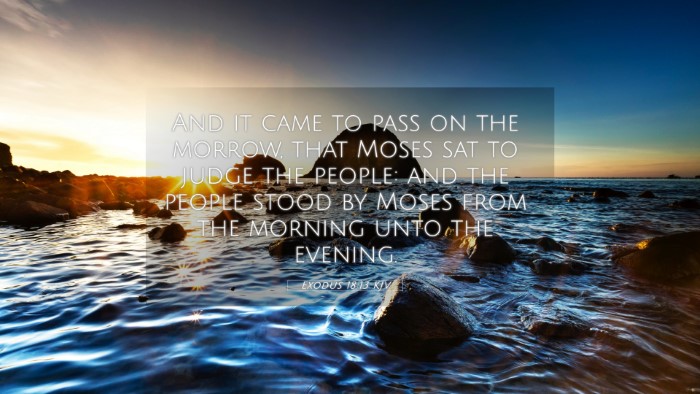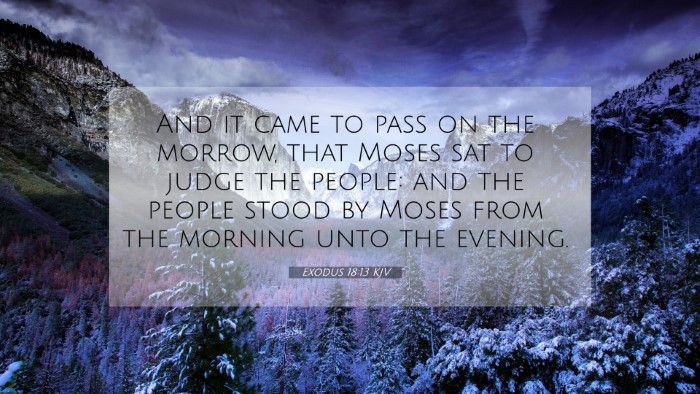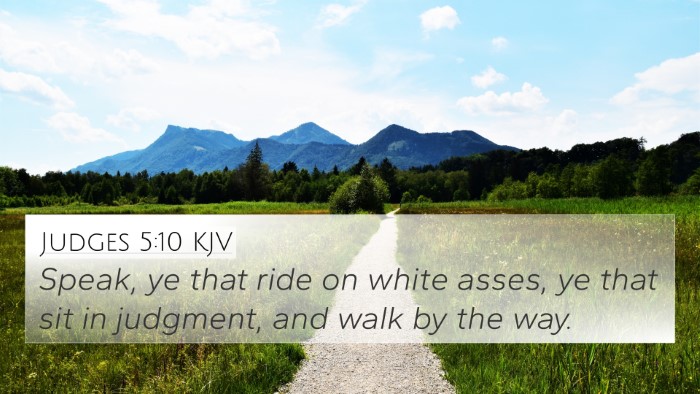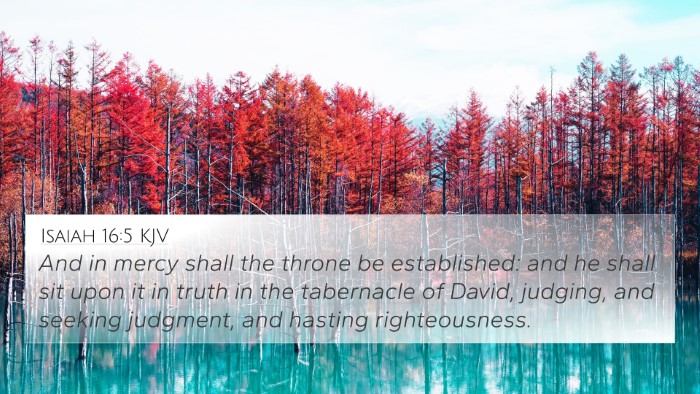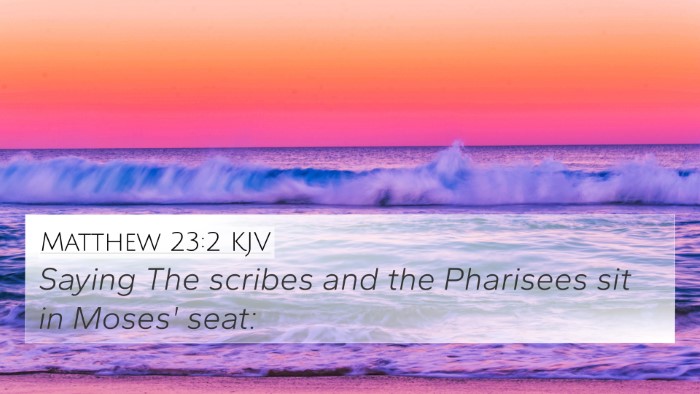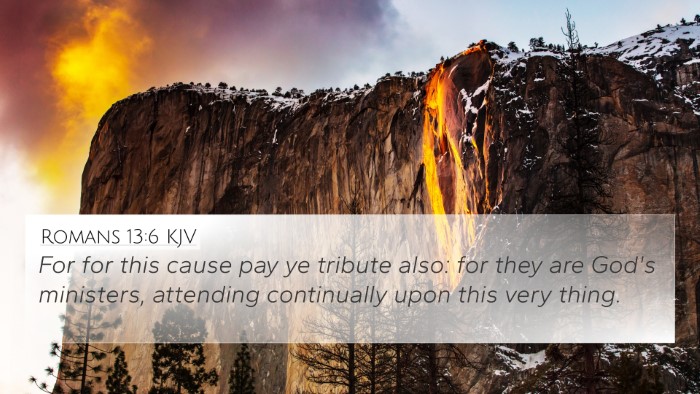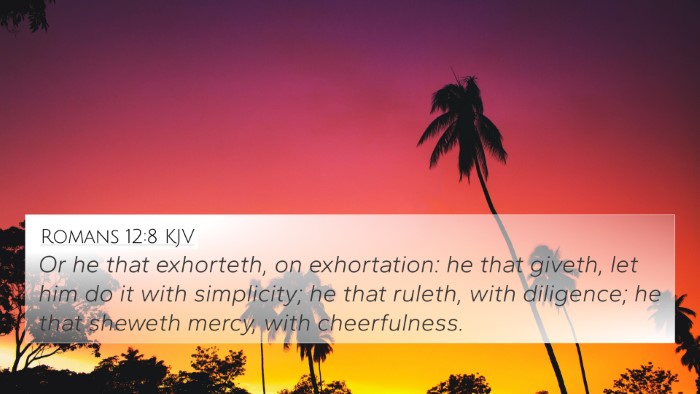Understanding Exodus 18:13
Exodus 18:13 states, “And so it was, on the next day, that Moses sat to judge the people; and the people stood before Moses from morning till evening.” This verse highlights a critical moment in Moses' leadership, illustrating the demands placed upon him as a judge and leader of the Israelites.
Insights from Commentaries
Matthew Henry's Commentary
Matthew Henry emphasizes the exhaustive nature of Moses' role and the overwhelming responsibility he bears in judging the people. He points out that Moses' position symbolizes both authority and a burden, suggesting that while he was chosen by God, the weight of leadership took a toll on him.
Albert Barnes' Notes
Albert Barnes brings attention to the impatience of the people and their need for guidance. He notes that Moses' dedication, sitting in judgment all day, reflects the deep communal reliance on divinely appointed leaders. Barnes encourages readers to consider the balance between seeking judgment from God and the leadership's ability to manage such a heavy load.
Adam Clarke's Commentary
Adam Clarke elaborates on the logistical challenges faced by Moses and highlights the lack of a structured support system for adjudication. He suggests that this verse sets the stage for Jethro’s advice to Moses about delegation and improving the judicial process among the Israelites, which is critical for effective leadership.
Key Themes in Exodus 18:13
- Leadership and Responsibility: The verse exemplifies the significant responsibilities leaders bear and the fatigue that often accompanies leadership roles.
- Community and Governance: It showcases the relationship between leaders and their communities, where the people turn to appointed leaders for guidance and judgment.
- Divine Guidance: This situation illustrates the need for divine wisdom in leadership, which is foundational for just governance.
Bible Verse Cross-References
Exodus 18:13 has several cross-references in the Bible, linking it to broader themes about leadership, burdens, and community guidance:
- Exodus 18:14-26: Jethro’s advice to Moses about delegating responsibilities.
- Numbers 11:14-17: Moses' admission of the heavy burden he carries and God's provision of help.
- Deuteronomy 1:9-13: Moses appoints leaders over the people to handle smaller disputes.
- 1 Samuel 8:4-5: The people demand a king to judge them, reflecting a continuous theme of seeking leadership.
- Matthew 23:4: Jesus critiques the heavy burdens placed on people by religious leaders.
- Acts 6:1-6: The apostles delegate responsibilities to address community needs effectively.
- James 3:1: A warning that not many should strive to become teachers, as they will incur a stricter judgment, reflecting the weight of responsibility in leadership.
Thematic Bible Verse Connections
Examining this verse within the broader scriptural context allows us to identify numerous thematic connections:
- Leadership under God’s guidance (Psalm 78:72)
- The role of judges as representatives of divine authority (Deuteronomy 16:18)
- Community dynamics and conflict resolution (Matthew 18:15-17)
Conclusion
Exodus 18:13 serves as a foundational verse that encourages a deeper understanding of leadership, community, and divine guidance. By cross-referencing this and related scripture, readers can unpack the extensive implications of Moses' judicial responsibilities and the universal themes that echo throughout the Bible.
